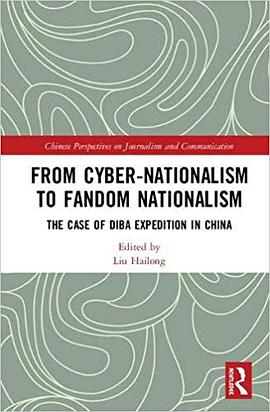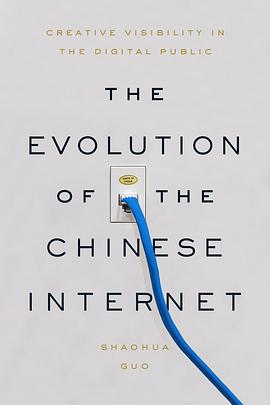From Cyber-Nationalism to Fandom Nationalism 豆瓣
7.2 (5 个评分)
作者:
Liu Hailong
Routledge
2018
This book analyzes a new trend in Chinese cyber-nationalism by studying the incident of “Diba expedition” in 2016. Written by communica tion scholars from the U.S. and China, the eight chapters examine the history, mobilization and organization of the new cyber-nationalism, the evolution of symbolic devices, and the impact of ICTs, consumerism, fan culture, and internet subcultures on cyber nationalism. Situating the “Diba expedition” and the new cyber-nationalism in the media ecology of social media, mobile internet, smart mobile phones and other new-generation ICTs, the authors illuminate the changing meanings of Chinese political culture under the influences of official nationalistic education, commercial culture, and grassroots internet culture.
https://www.routledge.com/From-Cyber-Nationalism-to-Fandom-Nationalism-The-Case-of-Diba-Expedition/Hailong/p/book/9781138330641
https://www.routledge.com/From-Cyber-Nationalism-to-Fandom-Nationalism-The-Case-of-Diba-Expedition/Hailong/p/book/9781138330641


